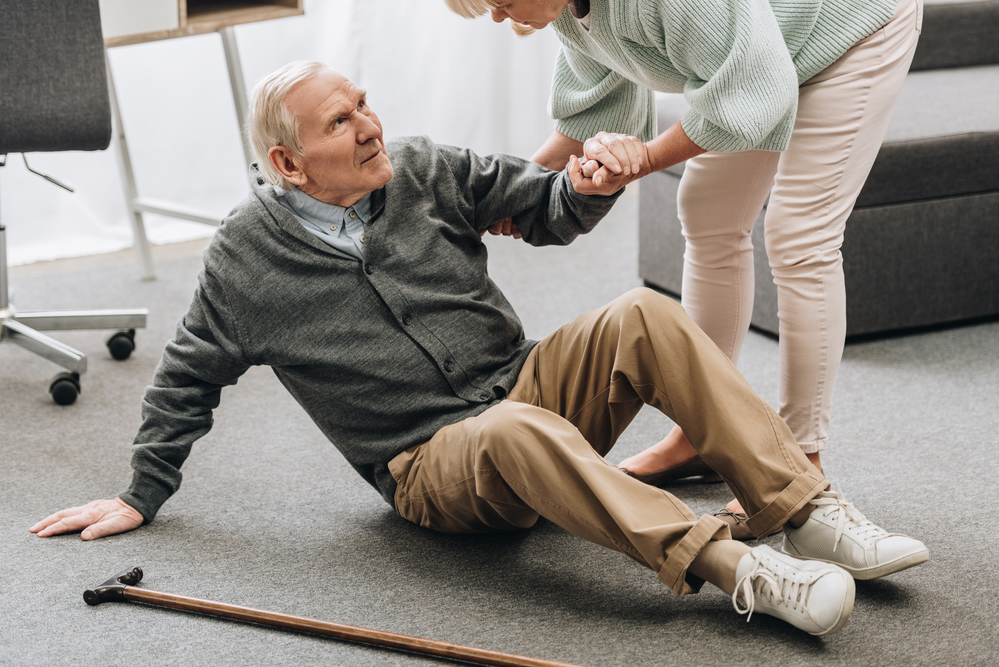4 Wheel Walkers
More and more individuals are opting for wheeled walkers, also known as rollators, over traditional models with no or only front wheels.
If you don’t have the strength or endurance to lift and push a standard walker all day, a wheeled walker can help you go around. There are a few different types of wheeled walkers to consider:
In this post, we’ll look at the benefits and drawbacks of utilizing a four-wheel walker.
The Advantages of Using a Four-Wheel Walker
Several people prefer 4 wheel walkers to normal walkers because of its enhanced mobility, stability, and seat alternatives.
Mobility
A four-wheel walker assists you in maintaining your balance without exerting too much effort. You can still lean on your four legs, but the wheels allow you to move more rapidly and smoothly than you could with a walker without wheels.
Stable
A four-wheel walker is stable and long-lasting. If you’re looking for a rollator, you’ve probably heard there are three and four wheel options. Although three-wheeled walkers are quite versatile, they are not as stable as four-wheeled walkers. On four-wheel walkers, you can also put more weight.
Options for Seating and Backrest
The size of the 4-wheeled walker has the advantage of being able to accommodate a seat. There are even backrests on some of them. If you get fatigued while out and about, a seat on your walker allows you to stop and rest wherever you are.
All you have to do now is lock your rollator’s brakes and relax. Some types allow you to fold the backrest to make transporting the walker easier.
Size Modifications
Even though you should take measurements before buying a rollator to determine what handle height is most comfortable for you, having adjustment choices is useful. Rollators with four wheels often have a wider range of adjustability than three-wheeled rollators.
Cons of Using a Four-Wheel Walker
For some people, a four-wheeled walker isn’t the greatest option. There are several reasons why you might prefer to use a different style of walker.
Not for Use in Serious Weight-Bearing Situations
Wheeled walkers are designed for persons who need assistance with balance but not with weight bearing. A classic model may be ideal for you if you need to carry a substantial amount of your weight on a walker to get around.
Leaning too heavily on a wheeled walker can lead to control issues. Because of your weight, the rollator may travel faster than you’d want.
Your body weight has no bearing on whether or not you should use a wheeled walker. Bariatric walkers, in reality, are designed for persons who are overweight or obese. If you can’t support much of your own weight while walking, though, a wheel-less walker is the way to go.
Flexibility is limited.
A four-wheeled walker can help you move faster, but it doesn’t have a wide range of motion. A compact 3-wheel walker may be the ideal option for people who need to make fast turns and move in narrow spaces.
Selecting a Four-Wheel Walker
If a 4-wheel walker appears to be the best option for you, examine the following factors: height, wheel size, seats, and storage.
Height
The most significant component of your walker is its height and overall measurements. Consider the product’s measurements to guarantee that you’ll be able to fit it through the locations you frequent. Make sure you know the height of your handles as well as the height of your product.
It’s also helpful to have a walker that can be adjusted in height. Depending on the shoes we’re wearing, our height can change slightly. You should be able to grasp your walker while maintaining a comfortable wrist angle.
Size of the Wheels
Many people neglect the wheel size or choose small wheels because they appear natural. Large wheels, on the other hand, will be most useful. On uneven ground like cobblestone, little wheels can become wedged in crevices and cause problems.
Look for wheels that are at least 8 inches in diameter to be able to handle most terrain.
Taking a Seat or Leaving a Seat
You should also consider whether you want a seat on your rollator. While some people do not require a seat, others find it extremely useful. There aren’t always benches available for you to rest on. You’ll appreciate being able to stop and rest anywhere if you suddenly become tired or experience acute joint pain.
Seats with cushioning or padding are suitable for persons who have hip problems. Another good alternative is a backrest, which will maintain your posture upright as you sleep.
Storage Alternatives
Almost all rollators come with storage, whether it’s a basket, tray, bag, or all three. Select a model with sufficient storage space for your own belongings.
Baskets used to be the most popular storage option, but people are now realizing that they can be cumbersome and make foldable products more difficult to travel. Choose a rollator with a removable basket or storage units as an alternative.
Having a home safety assessment performed to identify fall risk and provide safety recommendations followed up by installation, can greatly reduce your risk of falls in your home environment. You are unique and your needs are too!
Related Posts




